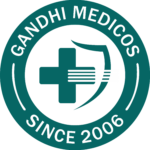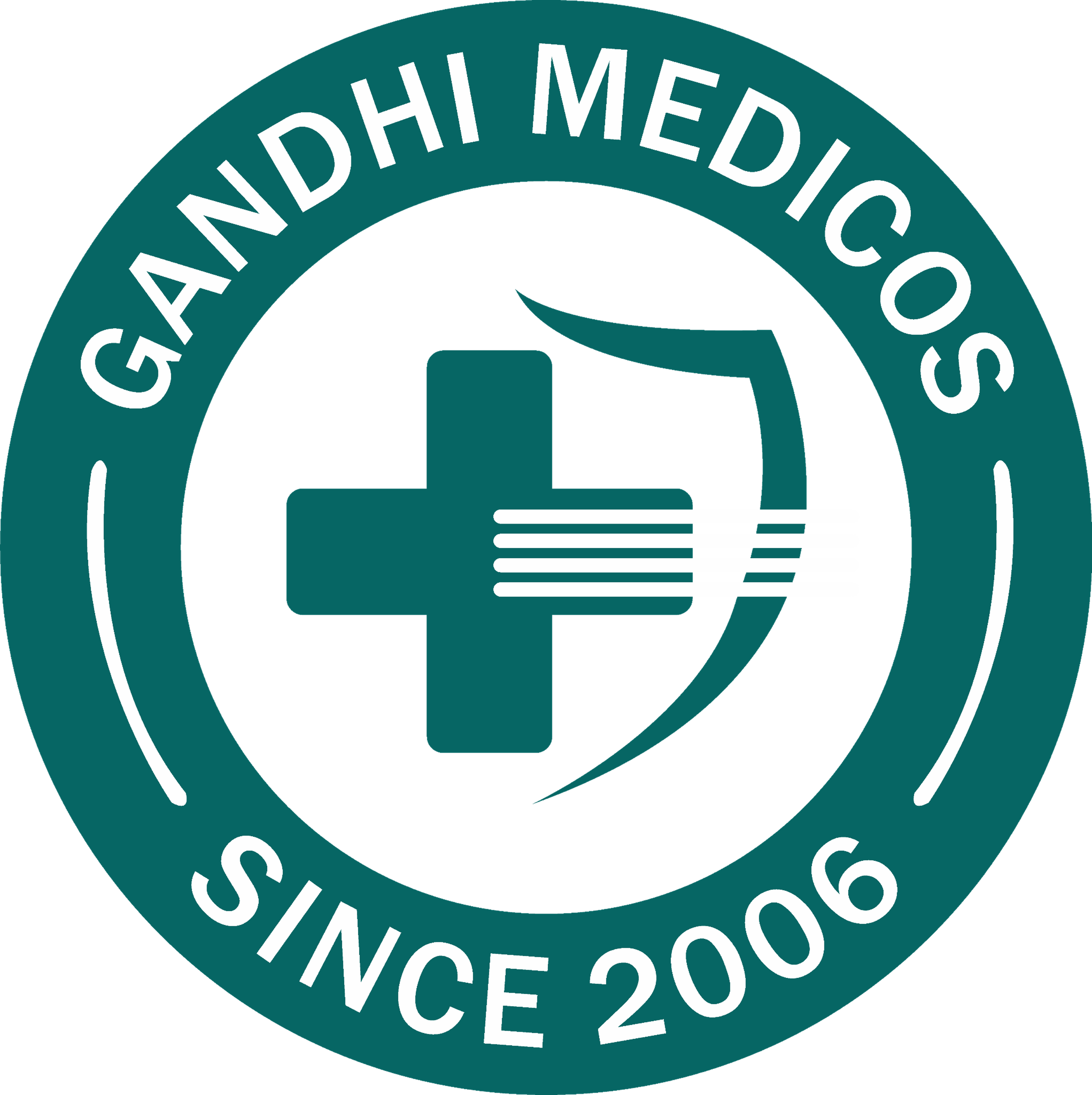Risk Factors of GIST: Genetic Mutations that cause GI Tumors
A gastrointestinal stromal tumor, aka GIST, is a gastrointestinal tumor or soft tissue tumor. This GI tumor occurs in the stomach lining or the small intestine. However, in many cases, these tumors can occur in other parts of the digestive system. These tumors take place when the cellular growth goes uncontrolled. The tumors can grow into other organs as well, like the liver. They start from the nerve cells called ICC or interstitial cells of Cajal that act as specialized precursor cells for GIST.
There are several treatments like targeted therapy using drugs, surgery, etc., that help treat GIST. Here are some reasons why GIST can be a problem:
Age: One of the biggest risk factors is the patient’s age. GIST is rare in people under the age of 40. This tumor is most found in people who are between 50-80 years old.
Genes: One of the biggest factors behind GIST is a genetic mutation. Some people tend to be born with a certain genetic mutation that causes tumors like GIST. The probable genetic mutation that causes GIST are:
- SDH genes: Mutation of SDH genes or succinate dehydrogenase genes increases people’s risk of getting GIST. The mutations are usually in SDHC and SDHB genes.
- Abnormal KIT gene: This abnormal familial GIST gene is passed down from the parents to their children. This gene is also one of the reasons why children may have GIST as well. Also, these genes can cause multiple GIST outbreaks throughout life.
- NF1 gene: People with a defected NF1 gene are born with VRD. These genes are also familial, which means they are inherited from parents to kids. These defective genes are one of the major reasons why someone may have GIST in their lifetime.
These genes cause anomalies in protein formation. This leads to uncontrollable growth of the cells, which then turns into a GI tumor. When the tumor starts metastasizing, it is removed surgically. There are several drugs out there that are used to stop the growth in patients suffering from GIST. Sutekast is one such drug that doctors prescribe to GIST patients.




 :
:  +91 – 9999064250 | 9811604444 | 9811604424
+91 – 9999064250 | 9811604444 | 9811604424


